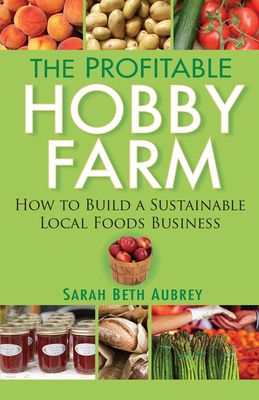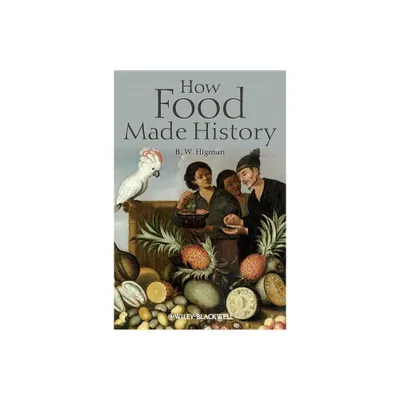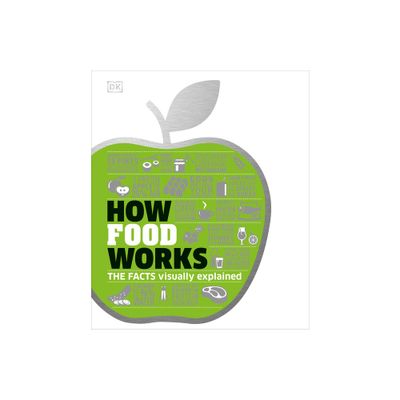Home
Bet the Farm: How Food Stopped Being
Loading Inventory...
Barnes and Noble
Bet the Farm: How Food Stopped Being
Current price: $27.95


Barnes and Noble
Bet the Farm: How Food Stopped Being
Current price: $27.95
Loading Inventory...
Size: Hardcover
*Product Information may vary - to confirm product availability, pricing, and additional information please contact Barnes and Noble
A prominent food journalist follows the trail from Big Pizza to square tomatoes to exploding food prices to Wall Street, trying figure out why we can't all have healthy, delicious, affordable food
In 2008, farmers grew enough to feed twice the world's population, yet more people starved than ever beforeand most of them were farmers. In
Bet the Farm
, food writer Kaufman sets out to discover the connection between the global food system and why the food on our tables is getting less healthy and less delicious even as the the world's biggest food companies and food scientists say things are better than ever. To unravel this riddle, he moves down the supply chain like a detective solving a mystery, revealing a force at work that is larger than Monsanto, McDonalds or any of the other commonly cited culpritsand far more shocking.
Kaufman's recent cover story for
Harper's
, "The Food Bubble," provoked controversy throughout the food world, and led to appearances on the NBC Nightly News, MSNBC, Fox Business News, Democracy Now, and Bloomberg TV, along with features on National Public Radio and the BBC World Service.
Visits the front lines of the food supply system and food politics as Kaufman visits farms, food science research labs, agribusiness giants, the United Nations, the Chicago Mercantile Exchange, and more
Explains how food has been financialized and the powerful consequences of this change, including: the Arab Spring, started over rising food prices; farmers being put out of business; food scientists rushing to make easy-to-transport, homogenized ingredients instead of delicious foods
Explains how the push for sustainability in food production is more likely to make everything worse, rather than betterand how the rise of fast food is bad for us, but catastrophic for those who will never even see a McNugget or frozen pizza
In 2008, farmers grew enough to feed twice the world's population, yet more people starved than ever beforeand most of them were farmers. In
Bet the Farm
, food writer Kaufman sets out to discover the connection between the global food system and why the food on our tables is getting less healthy and less delicious even as the the world's biggest food companies and food scientists say things are better than ever. To unravel this riddle, he moves down the supply chain like a detective solving a mystery, revealing a force at work that is larger than Monsanto, McDonalds or any of the other commonly cited culpritsand far more shocking.
Kaufman's recent cover story for
Harper's
, "The Food Bubble," provoked controversy throughout the food world, and led to appearances on the NBC Nightly News, MSNBC, Fox Business News, Democracy Now, and Bloomberg TV, along with features on National Public Radio and the BBC World Service.
Visits the front lines of the food supply system and food politics as Kaufman visits farms, food science research labs, agribusiness giants, the United Nations, the Chicago Mercantile Exchange, and more
Explains how food has been financialized and the powerful consequences of this change, including: the Arab Spring, started over rising food prices; farmers being put out of business; food scientists rushing to make easy-to-transport, homogenized ingredients instead of delicious foods
Explains how the push for sustainability in food production is more likely to make everything worse, rather than betterand how the rise of fast food is bad for us, but catastrophic for those who will never even see a McNugget or frozen pizza


















